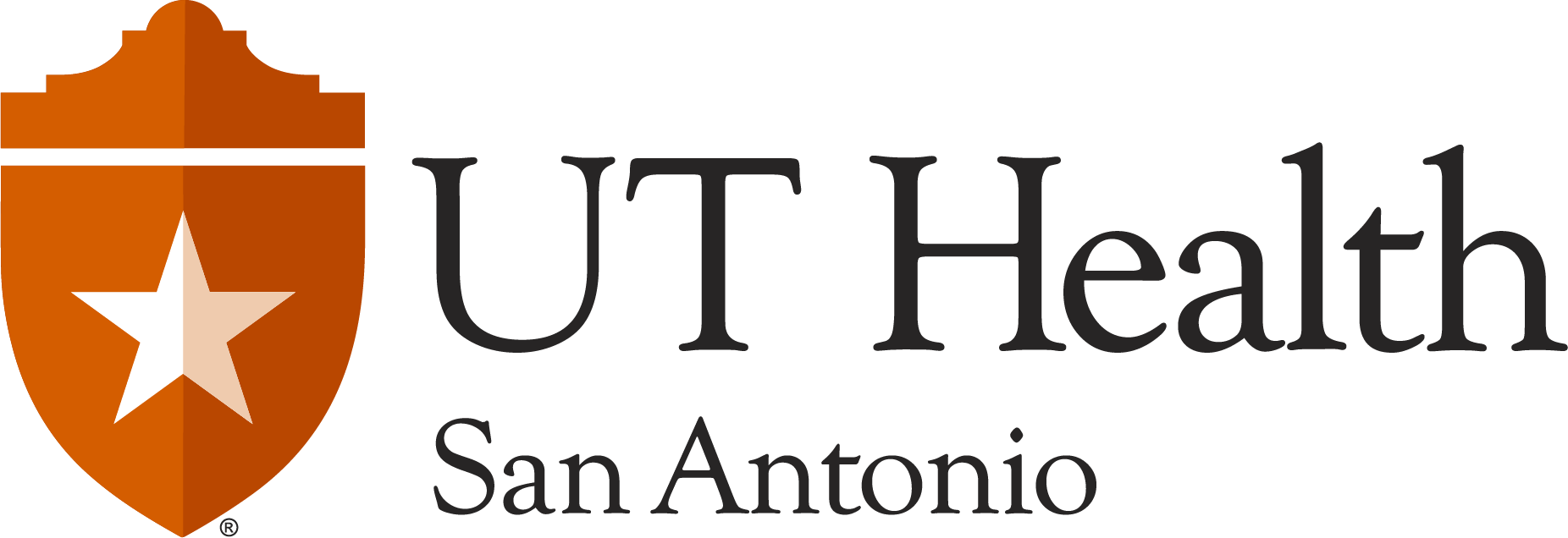Mentoring
It is generally agreed that one of the most important factors contributing to career outcomes in academic medicine is having a mentor; however, a recent survey of medical school faculty by the American Association of Medical Colleges (AAMC) revealed that more than 70% of medical school faculty report that they do not have a mentor. Mentoring is also recognized as important to career outcomes in the business world, where controlled studies have shown that the specific aspects of mentoring positively influence career progression and compensation.1
While the definition of mentoring oft times includes related concepts such as coaching, counseling, and role modeling, several components appear to be common across various definitions, including the transmission of knowledge from a person who is perceived as having “greater relevant knowledge, wisdom, or experience (mentor)” to a person “perceived to have less (protégé)”.2 A recent paper proposed a process for evaluating mentors that focused on five domains, including (1) meetings and communication, (2) expectations and feedback, (3) career development, (4) research support, and (5) psychosocial development.3
Listed below are links to reources that can help you become a better mentor or protégé and/or get assistance in finding a mentor.
Mentoring Information on the Web
American Psychological Association: Centering on Mentoring
American Psychological Association: Responsible Mentoring of Researchers
Association for Women in Science: Mentoring
MentorNet: The E-Mentoring Network for Diversity in Engineering and Science
National Academy of Sciences: Advisor, Teacher, Role Model, Friend-On Being a Mentor to Students in Science and Engineering
References
- Dougherty, T.W. & Dreher, G.F. Mentoring and Career Outcomes: Conceptual and Methodological Issues in an Emerging Literature. in The Handbook of Mentoring at Work: Theory, Research, and Practice (eds. Ragins, B.R. & Kram, K.E.) 51-94 (SAGE Publications, Inc Thousand Oaks, CA, 2007).
- Bozeman, B. & Feeney, M.K. Toward a Useful Theory of Mentoring. Administration & Society 39, 719-739 (2007).
- Anderson , L., Silet, K. & Fleming, M. Evaluating and Giving Feedback to Mentors: New Evidence-Based Approaches. Clin Trans Sci 5, 71-77 (2012).
- Eby, L.T., Allen, T.D., Evans, S.C., Ng, T. & DuBois, D.L. Does mentoring matter? A multidisciplinary meta-analysis comparing mentored and non-mentored individuals. Journal of Vocational Behavior 72, 254-267 (2008).
- Nguyen, F.T. The birth of the American Physician Scientists Association–the next generation of Young Turks. Journal of Clinical Investigation 118, 1237-1240 (2008).
- Reynolds, H.Y. Mentoring. Nurturing clinician and physician scientists in an academic career. Pharos 70, 26-28 (2007).

